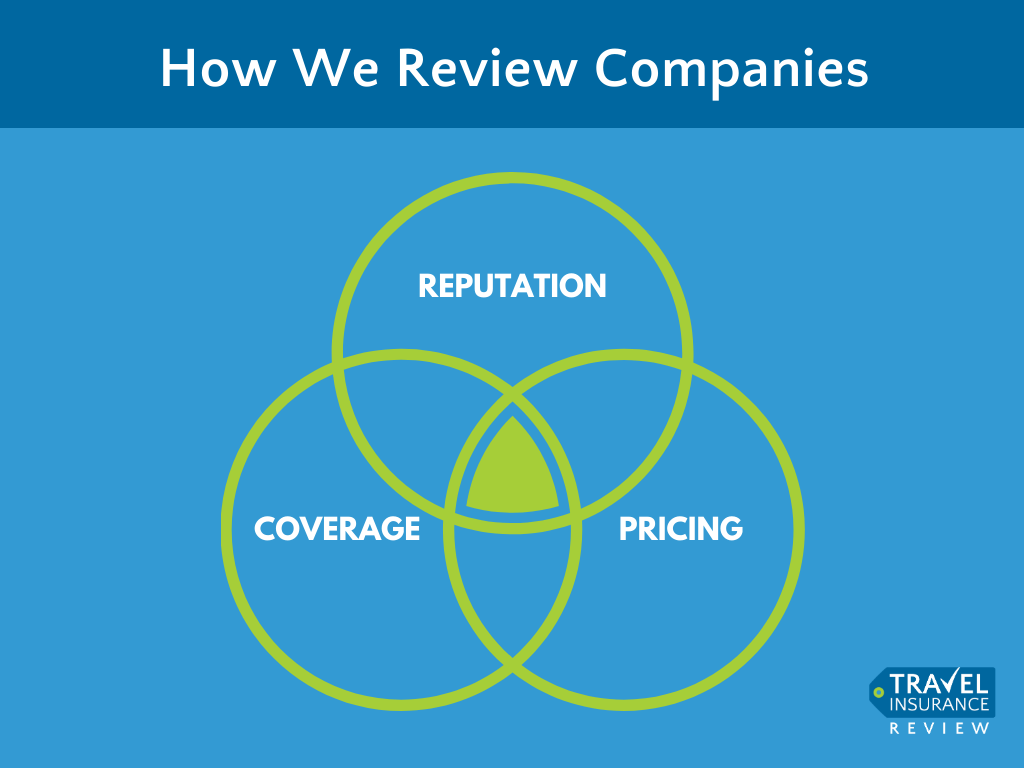Is Travel Insurance Worth It? Pros and Cons Explained is a question many travelers ponder before embarking on their adventures. With the uncertainties of travel—from flight cancellations to unexpected medical emergencies—it’s crucial to weigh the benefits against the costs. This discussion aims to shed light on the value of travel insurance, exploring its advantages and disadvantages to help you make an informed decision.
Travel insurance serves as a safety net, providing financial protection and peace of mind while you explore new destinations. However, the intricacies of policies can be overwhelming, with various types and coverage levels to consider. As we delve into the pros and cons, we’ll clarify what travelers need to know to navigate this important aspect of planning their trips.
In today’s fast-paced world, where information travels at lightning speed, the importance of effective communication cannot be overstated. Whether in personal relationships, workplaces, or public discourse, the way we convey our thoughts and ideas greatly influences our interactions and connections with others. This article delves into the significance of communication, the various forms it takes, and tips to enhance your communication skills.To start, let’s consider what communication truly is.
At its core, communication is the act of exchanging information, thoughts, or feelings between individuals or groups. This exchange can occur through various channels, including verbal, non-verbal, written, and visual means. Each mode of communication carries its nuances and impacts the message’s reception profoundly.Verbal communication is perhaps the most recognized form. It encompasses spoken words and the tone in which they are delivered.
For instance, a person can convey enthusiasm and warmth through an upbeat tone, while a monotone delivery may evoke boredom or indifference. Therefore, being mindful of one’s tone is crucial when delivering messages. Additionally, clarity is vital; using simple, direct language helps ensure that the listener understands the message without confusion.Non-verbal communication complements verbal exchanges and can often speak louder than words.
Body language, facial expressions, and gestures all play critical roles in conveying emotions and attitudes. For example, maintaining eye contact can exhibit confidence and sincerity, while crossed arms might suggest defensiveness or discomfort. Being aware of one’s body language and that of others can provide deeper insights into the overall message being communicated.Written communication is another essential aspect, especially in our increasingly digital world.
Emails, texts, reports, and social media posts are just a few examples of how we express ourselves in writing. The written word allows for careful consideration and thoughtfulness; however, it can sometimes lack the emotional nuances present in face-to-face interactions. To enhance written communication, one should focus on structure, clarity, and tone. Editing and revising before sending a message can also prevent misunderstandings and enhance professionalism.Visual communication, often overlooked, plays a significant role in how we convey and understand information.
This includes images, graphs, charts, and videos. In a world where attention spans are dwindling, visual elements can provide immediate context and enhance understanding. For instance, a well-designed infographic can illustrate complex data succinctly and engagingly, making it more accessible to a broader audience.Now that we’ve explored the various forms of communication, let’s discuss why effective communication is vital. Firstly, it fosters understanding and collaboration.
In workplaces, clear communication can lead to improved teamwork and productivity. When team members understand their roles and expectations, they can work together more efficiently, minimizing errors and frustrations.Furthermore, effective communication builds trust. When individuals express their thoughts and emotions honestly and openly, it cultivates an environment of transparency. This is particularly important in leadership roles, where establishing trust is essential for motivating and guiding teams.
Leaders who communicate clearly and authentically are more likely to inspire loyalty and commitment from their followers.Moreover, good communication skills can significantly enhance personal relationships. Whether with family, friends, or romantic partners, the ability to articulate one’s feelings and listen actively to others is foundational to healthy relationships. Misunderstandings often arise from poor communication, and making an effort to clarify intentions can prevent conflicts and promote harmony.In contrast, ineffective communication can lead to a myriad of issues.
Misinterpretations, conflicts, and resentment often stem from unclear or ambiguous messages. Additionally, in a professional setting, poor communication can result in costly mistakes, decreased morale, and a toxic work environment. Therefore, recognizing the signs of ineffective communication and striving for improvement is essential for both personal and professional growth.So, how can one enhance their communication skills? Here are some practical tips:
1. Practice Active Listening
Listening is just as important as speaking. Make a conscious effort to listen actively when others are speaking. This means giving them your full attention, nodding, and providing feedback to show you understand their message. Avoid interrupting, as this can lead to misunderstandings.
2. Be Aware of Body Language
Pay attention to your non-verbal signals and those of others. Understanding body language can help you gauge reactions and adjust your communication style accordingly. For instance, if you notice someone appears confused, you might need to clarify your message.

3. Tailor Your Message
Consider your audience when delivering a message. Tailoring your language, tone, and content to fit the audience can significantly enhance understanding. For example, when speaking to a group of experts, you might use more technical jargon, whereas, with a general audience, simpler language would be more effective.
4. Seek Feedback
Don’t hesitate to ask for feedback regarding your communication style. This can provide valuable insights into areas for improvement and help you become more effective in conveying your thoughts.
5. Practice Empathy
Try to understand things from others’ perspectives. Empathy can enhance your communication by allowing you to connect with others on a deeper level, leading to more meaningful exchanges.
6. Continuous Improvement
Communication is a skill that can always be refined. Consider taking workshops, reading books, or joining groups that focus on enhancing communication skills. The more you practice, the more confident you’ll become.In conclusion, effective communication is an essential skill that impacts every aspect of our lives. Whether in personal relationships or professional settings, the ability to convey thoughts clearly and listen actively can significantly enhance interactions.
By understanding the various forms of communication and striving to improve our skills, we can foster understanding, build trust, and create stronger connections with those around us. Remember, communication is not just about exchanging words; it’s about building relationships that can lead to a more fulfilling and successful life.



